Bicentennial Man (1999)
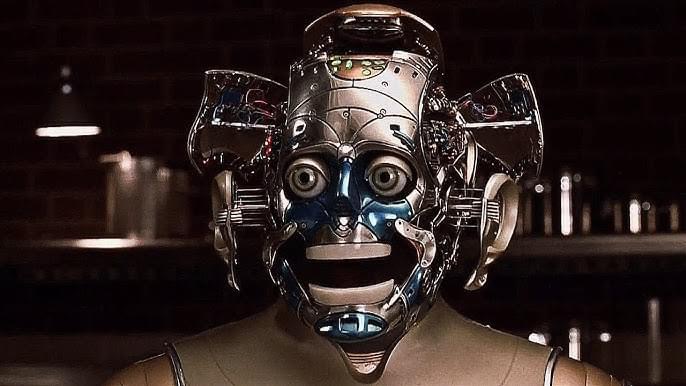
“Bicentennial Man” (1999) is a touching sci-fi drama that delves into the profound themes of identity, mortality, and the quest for humanity. Directed by Chris Columbus and based on the novella by Isaac Asimov and the novel The Positronic Man by Asimov and Robert Silverberg, the film explores what it means to be human through the eyes of an android who desires more than his programmed existence.
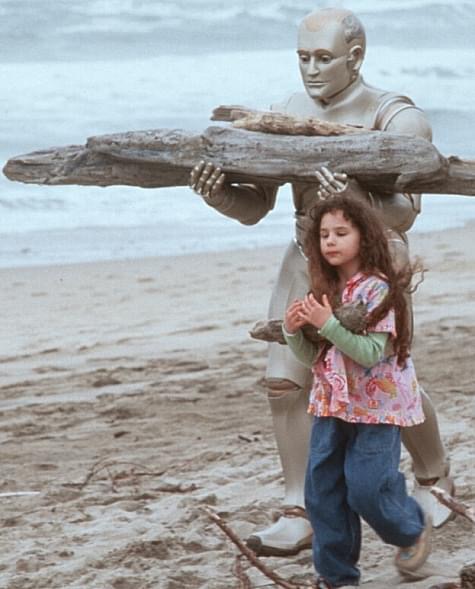
The story begins in the year 2005, when the Martin family acquires a new household robot named Andrew (played by Robin Williams), a state-of-the-art android designed to perform domestic tasks. However, it soon becomes apparent that Andrew is no ordinary robot. He begins to exhibit creativity, curiosity, and a desire for learning, qualities that set him apart from his mechanical peers.
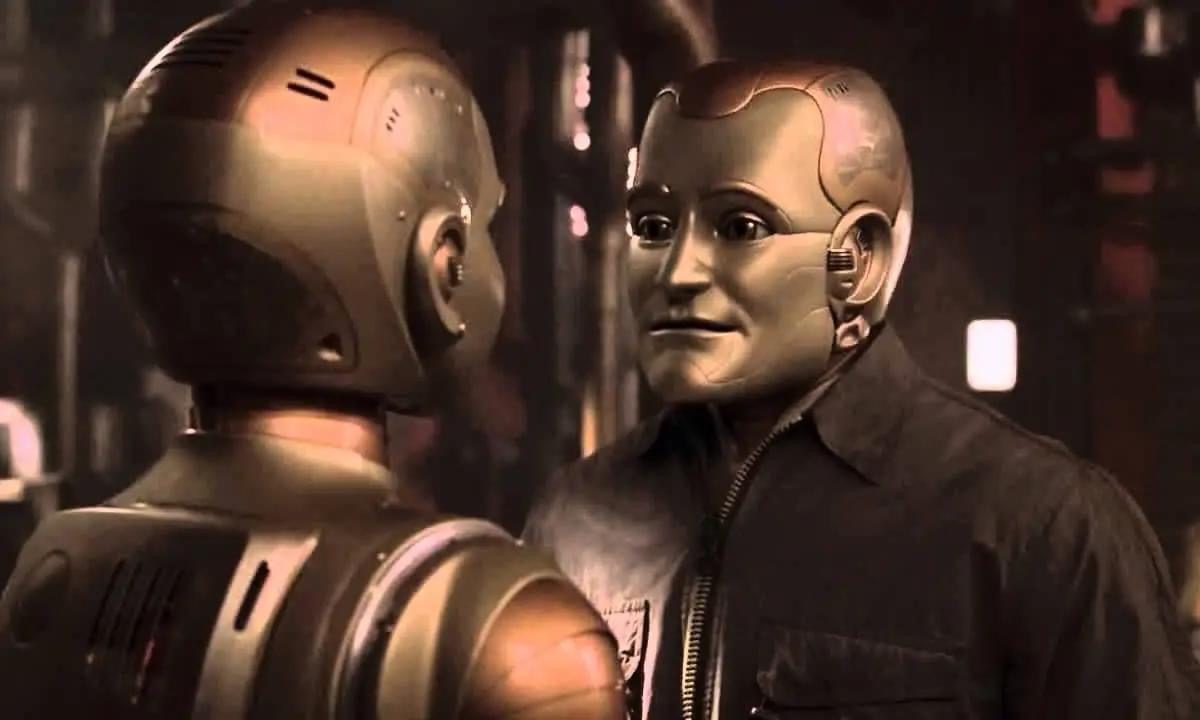
Over time, Andrew develops a deep bond with the Martin family, particularly with the youngest daughter, “Little Miss” Amanda (played by Hallie Kate Eisenberg as a child and later by Embeth Davidtz as an adult).
As the decades pass, Andrew embarks on a remarkable journey of self-discovery, seeking to understand and embrace the human experience. He requests modifications to his body, gradually transforming himself into a being that is indistinguishable from a human. This transformation includes developing emotions, pursuing relationships, and even experiencing love. Andrew’s ultimate goal is to be recognized as a human being, not just by those who love him, but by society as a whole.
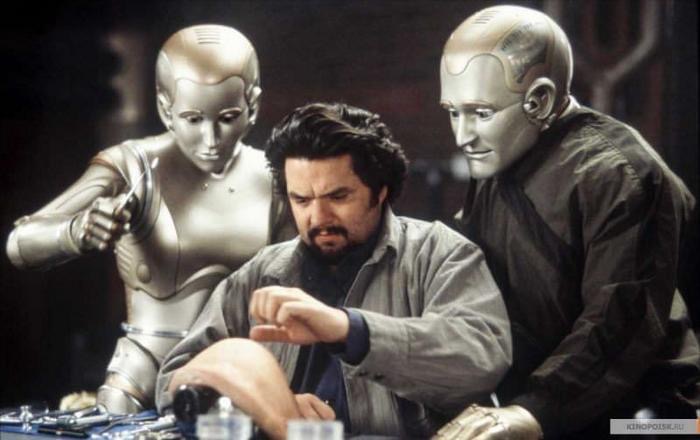
“Bicentennial Man” is a film that blends elements of science fiction with deeply emotional and philosophical questions. It explores the implications of artificial intelligence gaining sentience and the rights and recognition such beings might seek in a human-dominated world. The film’s narrative spans over two centuries, following Andrew’s evolution from a simple robot to a complex individual who grapples with the concepts of life, love, and death.
Robin Williams delivers a poignant performance as Andrew, infusing the character with warmth, humor, and a deep sense of yearning. Williams’ portrayal makes Andrew’s journey both heartwarming and heartbreaking, as he navigates the challenges of becoming more human while outliving those he cares about. The film also features strong supporting performances from Sam Neill as Richard Martin, the patriarch who first recognizes Andrew’s uniqueness, and Embeth Davidtz, who plays dual roles as Amanda and her granddaughter, Portia.
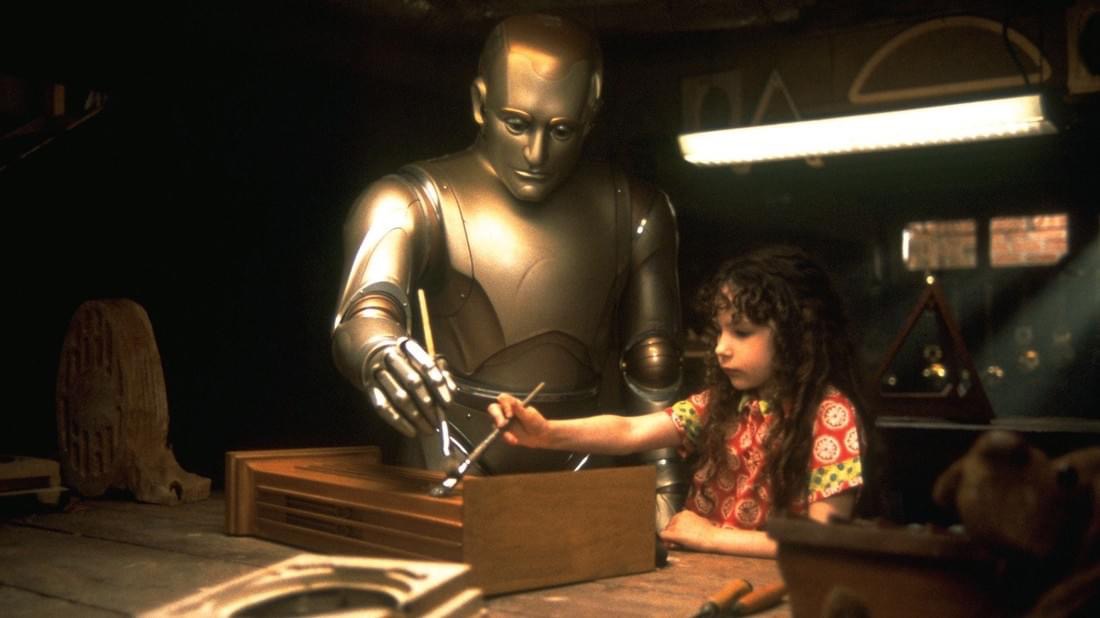
Visually, “Bicentennial Man” is marked by its seamless blend of futuristic technology with the familiar settings of everyday life. The film’s production design reflects the gradual changes in society over the centuries, while Andrew’s physical transformation is depicted with impressive makeup and special effects that enhance the film’s emotional impact.
At its core, “Bicentennial Man” is a meditation on the nature of humanity, questioning what it means to live a full life and whether the essence of humanity lies in our physical form or in our capacity for growth, change, and love. The film’s exploration of these themes makes it a thought-provoking and emotionally resonant experience, appealing to audiences who enjoy stories that challenge their perceptions of life and consciousness.

In conclusion, “Bicentennial Man” is a beautifully crafted film that balances sci-fi concepts with deep emotional storytelling. It’s a celebration of the human spirit, as seen through the eyes of a being who longs to be part of the very species he was created to serve. With its heartfelt performances and timeless themes, the film remains a memorable exploration of what it means to be truly alive.











